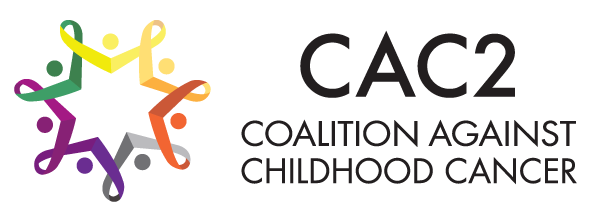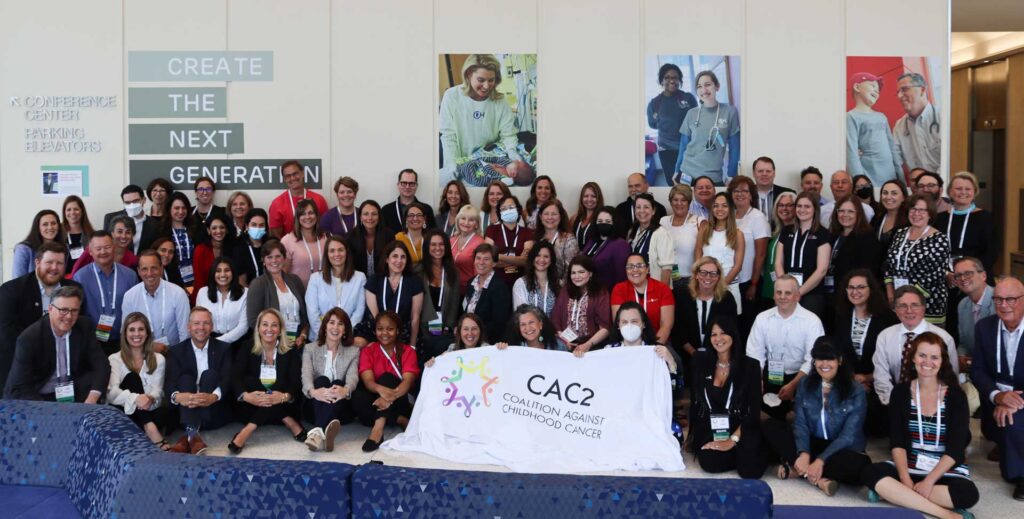
Guest Blog–AACR Issues Calls to Action to Advocacy Colleagues and Supporters of NIH Funding
Shared with permission from and thanks to the American Association for Cancer research. This post contains information about the “Rally for Medical Research ‘On the


